Our Lord! Accept from us (this act);
indeed You are the All-Hearing, the All-Knowing. (2:127)
To our parents and teachers:
those who brought us from the heavens to this Earth,
and those who will help take us from this Earth to Heaven.
The War Within
Our HEARTS
Habeeb Quadri and Saad Quadri
With an introduction by
Imam Zaid Shakir

First published in England by Kube Publishing Ltd,
Markfield Conference Centre
Ratby Lane, Markfield,
Leicestershire LE67 9SY
United Kingdom
Tel: +44 (0) 1530 249230
Fax: +44 (0) 1530 249656
Website: www.kubepublishing.com
Email:
Originally published as The War Within Our Hearts,
High Quality Educational Consulting, 2008.
Habeeb Quadri and Saad Quadri, 2009, 2nd edition
All rights reserved
The right of Habeeb Quadri and Saad Quadri to be identified as the authors of this work has been asserted by them in accordance with the Copyright, Designs and Patents Act, 1988.
Cataloguing-in-Publication Details are available from the British Library
ISBN 978-1-84774-012-0 paperback
Cover design and typesetting by Nasir Cadir
Initial cover design concept by Rizwan Ahmed (contact: )
Introduction
The War within our Hearts
Verily, they were youth who believed in their Lord and we increased them in guidance. And we strengthened their hearts when they took a stand, saying: Our Lord is the Lord of the Heavens and the Earth; we will never call on any God besides Him. If we do so we would have uttered a grave enormity. (Quran 18:13-14)
One of the disheartening features of our modern, or, for some, our postmodern condition, is that it encourages us to live lives of isolation, oftentimes divorced from even the crowds that might surround us in our bustling cities. We have friends and acquaintances, but many times these relationships do little other than disguise our fundamental state of alienation. One of the disastrous consequences of our state is sometimes we become isolated from even our true selves and from our Lord. This condition of alienation from Allah is reinforced and encouraged by many of the messages that permeate our environment. Those messages are conveyed via television, movies, popular music, literature, and many other means.
Many of the techniques currently used to convey those messages were unknown to many Muslim parents who have migrated to the West from towns or villages in the Muslim world: places that lacked in some instances electricity, not to mention televisions, iPods, the internet, and related media. For those Muslim parents who converted to Islam here in the West, those techniques, some of which are designed by way of example to create lifelong brand identification in six-month-old babies, were in rudimentary and simplistic stages of development during their youth. Now, they are fully perfected and along with other forces that currently influence and help to shape the psychic and spiritual environment we are developing in, they create an atmosphere that challenges a believer in ways that are unprecedented in human history.
Through various forms of print and electronic media we are encouraged to consume things we do not need, to have a lifestyle that threatens our planet and erodes our humanity. We are encouraged to fornicate and to abandon the values, mores, customs and conventions that have supported family life since the advent of humans on this planet. We are encouraged to use drugs, drink alcohol, and to become gluttons by consuming ever expanding quantities of food products. We are encouraged to interact with the opposite gender in ways that are debasing and potentially destructive. How can a young Muslim negotiate such rough terrain? Answers to this question have been scarce, especially answers that resonate with our youth. Now, Habeeb and Saad Quadri, youth organizers, experienced teachers, and perhaps more importantly, people who have walked down the challenging, obstacle-strewn road many of our youth currently travel, provide a meaningful answer. That answer lies in this book, The War Within Our Hearts, an insightful volume that takes on many of the issues confronting Muslim youth here in the West, sometimes with humor, oftentimes with brutal frankness, but always with sound knowledge and great clarity.
The War Within Our Hearts, focuses the attention of the reader on the real battleground where the war for the soul of our youth is being waged, the hearts. If we are looking for the source of the problems that are currently vexing Muslims, young and old alike, there could not be a better starting place, for our Prophet  has reminded us: Surely, in the body there is an organ, if it is sound the entire body is sound and if it is corrupt, the entire body is corrupt. Verily, it is the heart. (Bukhari, 52; Muslim, 1599)
has reminded us: Surely, in the body there is an organ, if it is sound the entire body is sound and if it is corrupt, the entire body is corrupt. Verily, it is the heart. (Bukhari, 52; Muslim, 1599)
It has been said that the enemies that are waging a relentless war against our hearts are four: the ego, Satan, our whimsical desires, and the world itself. The most dangerous of these enemies is the ego. The soul in its unrefined, unconstrained, immature state is the ego. That it is the more dangerous than even Satan is illustrated by the fact that, during Ramadan, Satan and his dupes are chained up. The Prophet  mentioned, When Ramadan arrives the gates of Paradise are flung open, the gates of Hell are slammed shut, and the Satans are shackled. (Bukhari, 1898, 1899; Muslim, 1079) However, there are people who engage in the most egregious sins during Ramadan. How could this be when Satan and his dupes are shackled? We are taught that those sins emanate from the ego.
mentioned, When Ramadan arrives the gates of Paradise are flung open, the gates of Hell are slammed shut, and the Satans are shackled. (Bukhari, 1898, 1899; Muslim, 1079) However, there are people who engage in the most egregious sins during Ramadan. How could this be when Satan and his dupes are shackled? We are taught that those sins emanate from the ego.
We mentioned that one of the characteristics of the ego is its spiritual immaturity. Its maturation takes place over time. This fact is illustrated by the story of Joseph in the Quran. When the soul of the wife of the Aziz of Egypt, Zulaikha, was immature and unrefined, she was a prisoner of her passions and impulses. As a result, she could not see the blame that she bore for her attempt to seduce Joseph. To prove her lack of guilt she gathered the women of her circle and had Joseph enter the room. When they lost control of themselves in his presence, she used that as an affirmation of her innocence. However, as the years passed and her soul matured, she was able to free herself from her passions, to see her guilt as well as the negative impact her actions had in the events leading to the wrongful incarceration of Joseph. She declared: I do not absolve myself of any blame. Surely, the ego commands what is vile, except for those my Lord has mercy on. Indeed, my Lord is Forgiving, Merciful. (Quran 12:53)
This verse emphasizes something of tremendous relevance for our youth. Specifically, the ego naturally inclines towards vileness. Hence, without a conscious effort to restrain it and to nurture it towards maturity, it will naturally draw a person towards the vileness and vulgarity that is intricately part of contemporary youth culture: the alcohol, drugs, violence, abusive language, misogynistic attitudes, pornography, crass music, sloppy dress, rejection of parental authority, and other vices that stand in clear contradistinction to sound Islamic principles and teachings. The immaturity of the soul is one of the main reasons why many of the things mentioned here are particularly attractive to young people nowadays. These are some of the very issues that Habeeb and Saad Quadri deal with in this enlightening volume.
As for Satan, his enmity towards the human being is clear. Allah mentions in the Quran,

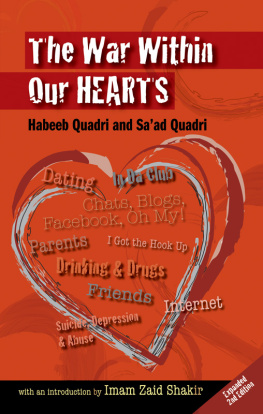

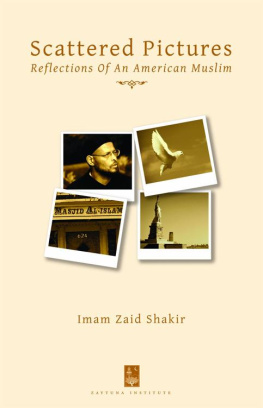
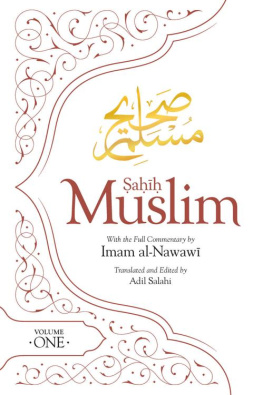
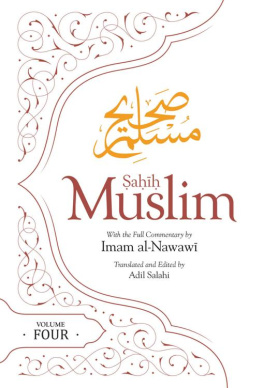
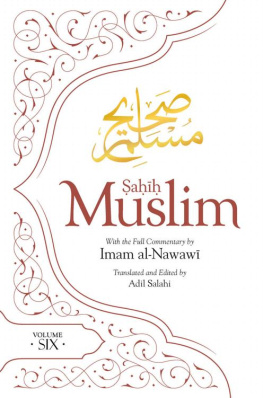
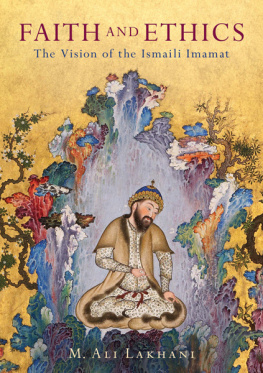
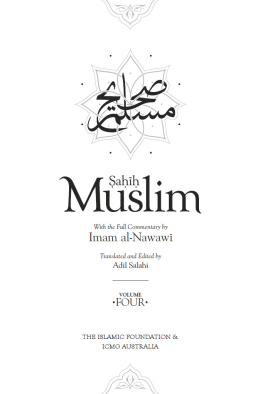
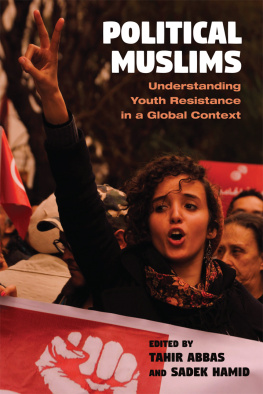
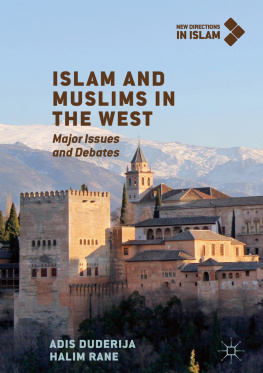
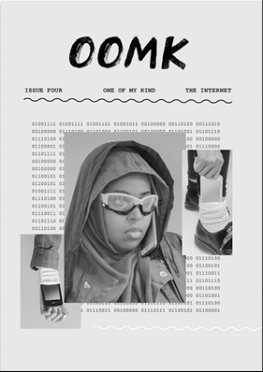
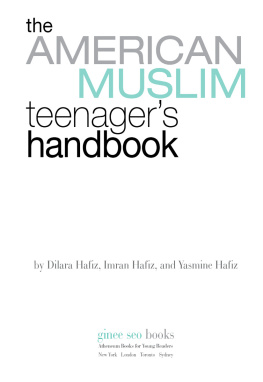

 has reminded us: Surely, in the body there is an organ, if it is sound the entire body is sound and if it is corrupt, the entire body is corrupt. Verily, it is the heart. (Bukhari, 52; Muslim, 1599)
has reminded us: Surely, in the body there is an organ, if it is sound the entire body is sound and if it is corrupt, the entire body is corrupt. Verily, it is the heart. (Bukhari, 52; Muslim, 1599) mentioned, When Ramadan arrives the gates of Paradise are flung open, the gates of Hell are slammed shut, and the Satans are shackled. (Bukhari, 1898, 1899; Muslim, 1079) However, there are people who engage in the most egregious sins during Ramadan. How could this be when Satan and his dupes are shackled? We are taught that those sins emanate from the ego.
mentioned, When Ramadan arrives the gates of Paradise are flung open, the gates of Hell are slammed shut, and the Satans are shackled. (Bukhari, 1898, 1899; Muslim, 1079) However, there are people who engage in the most egregious sins during Ramadan. How could this be when Satan and his dupes are shackled? We are taught that those sins emanate from the ego.